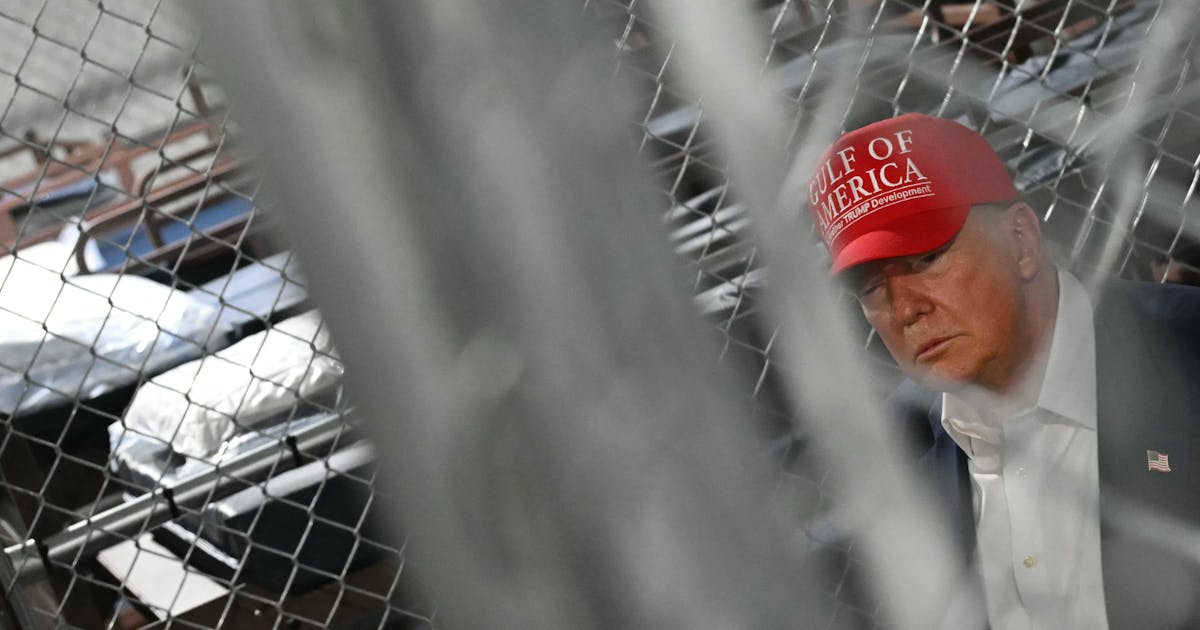As the Supreme Court showed in its ruling in United States v. CASA, the court has given the president unchecked power over federal judges to enforce his order against birthright citizenship. Now, according to the courts, the Trump administration can define who it will deport, regardless of citizenship status. As Justice Sotomayor put it so clearly in her dissent: “No right is safe in the new legal regime the Court creates.”
Under the current Trump administration, immigration has been redefined broadly as a question of national security to justify the expansion of ICE sweeps and deportations. The shoehorning of the Alien Enemies Act of 1798 to justify mass detentions and deportations, and the Supreme Court’s lackadaisical response to its use, has also called into question the fragility of checks and balances to protect constitutional rights.
When the legal system fails to defend one minority group, such as immigrants, it threatens the freedoms of other citizens. When the U.S. government detained 120,000 Japanese Americans in concentration camps during World War II, the government failed to protect the rights of its citizens by caving to the demands of special interest groups: white farm owners seeking to remove Japanese American farmers as competition, newspaper moguls who profited off of the hate speech and rumormongering, and politicians wanting to score political points among their wealthy constituents. In fact, the nativist group the Sons of the Golden West, citing the incarceration, sued the County of San Francisco to eliminate Japanese Americans from San Francisco’s voter rolls in a failed attempt to overturn Wong Kim Ark and strip confined Japanese Americans of their U.S. citizenship.
